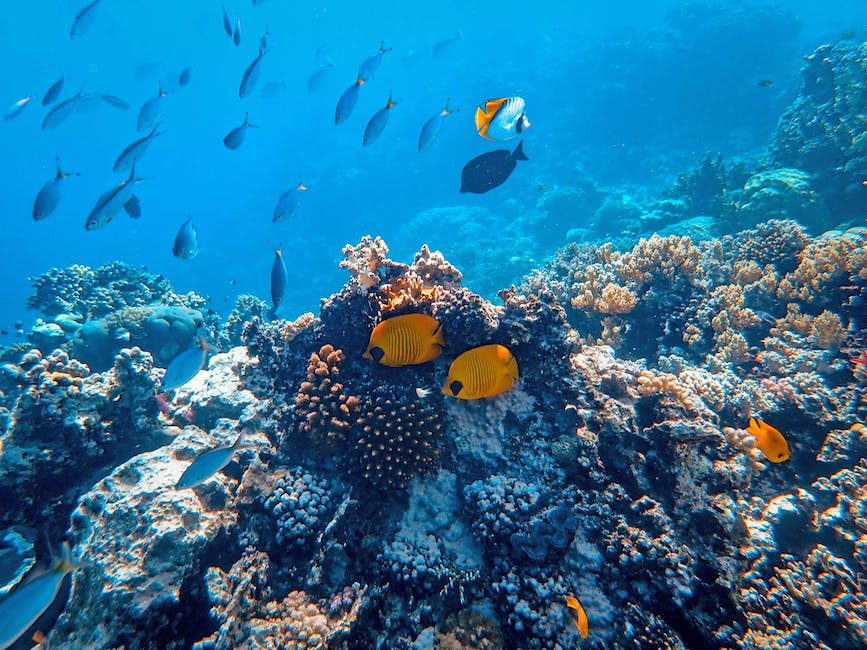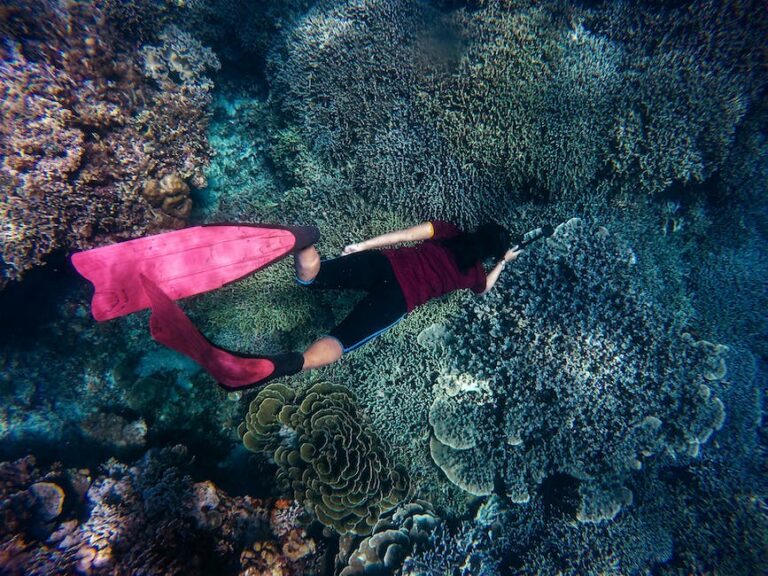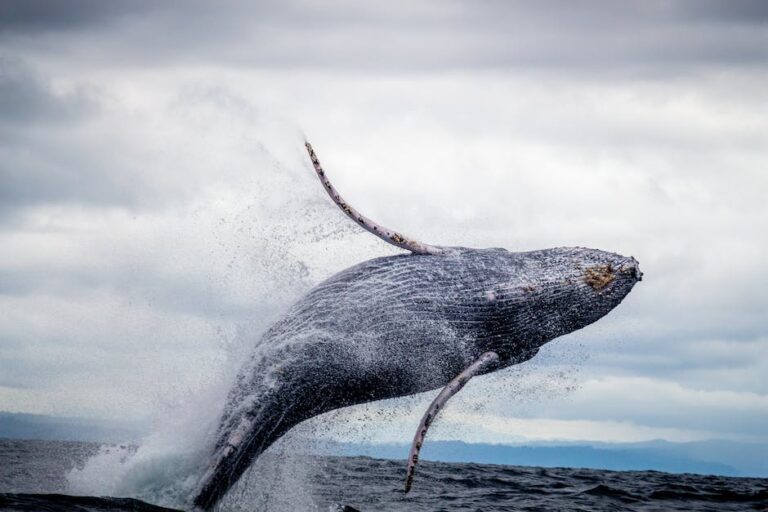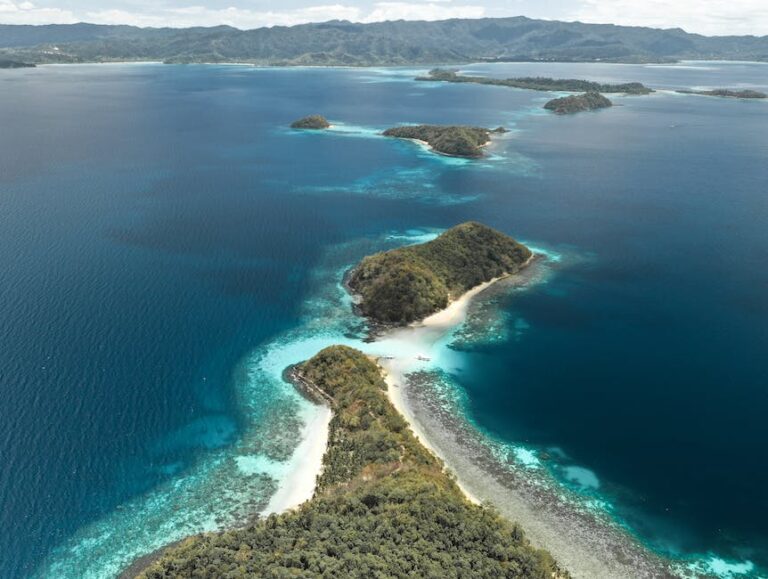The Enchanted Isles: Exploring Tonga’s Unique Marine Life on Eco-Tours
Nestled in the heart of the South Pacific, the Kingdom of Tonga is a hidden gem for marine life enthusiasts. The archipelago consists of 176 islands that are rich in fauna and flora. As an isolated paradise with a minimal footprint of human activities, Tonga’s marine ecosystem is remarkably healthy and diverse. Exploring the waters surrounding these islands is an adventure like no other. From vibrant coral reefs to gentle giants of the ocean, there’s something for everyone.
The Importance of Eco-Tourism in Tonga
Tonga’s natural resources are the backbone of its economy. The government understands the value of eco-tourism and the potential it holds for the community and environment. Eco-tourism is a form of sustainable tourism that emphasizes the protection of natural habitats while providing educational and recreational experiences for visitors. By participating in eco-tourism activities, travelers contribute to the conservation of biodiversity, the protection of historic sites and cultural heritage, and the promotion of responsible tourism practices. This unique approach to travel ensures the preservation of the natural and cultural landscapes while promoting economic growth in local communities.
Swimming with Humpback Whales in Vava’u
Every year, humpback whales migrate from their feeding grounds in the Antarctic to breed and give birth in the warmer waters of Tonga. Vava’u, an archipelago in the northern region of Tonga, offers the perfect opportunity to observe these gentle giants up close. Swimming with these majestic creatures in their natural habitat is a once-in-a-lifetime experience. With the help of experienced guides and reputable tour operators, tourists can participate in these activities while ensuring the welfare and safety of the whales. The regulations for whale watching in Tonga are stringent, and only a limited number of operators are licensed to conduct tours. This ensures that the activities are sustainable and that the marine life is respected and protected.
Snorkeling and Diving in Ha’apai’s Reef Gardens
Ha’apai is an archipelago located in the central region of Tonga. It is home to some of the most beautiful coral reefs in the Pacific Ocean. The Haʻapai group of islands is surrounded by crystal clear waters, and the patches of coral reefs in the area provide a colorful display of marine life. The reefs support a variety of aquatic flora and fauna that thrive in this unique environment. Eco-tourists can participate in a range of water-based activities that include snorkeling, scuba diving, and even free-diving. The waters surrounding Ha’apai are perfect for beginners to experienced divers, with opportunities to explore shallow and deep dives.
Meeting the Rare and Endangered Sea Turtles in Tonga
Tonga is one of the few places in the world where visitors can observe sea turtles in their natural habitat. The dedicated efforts by the Tongan government and conservation organizations have led to the establishment of protected areas for sea turtles and their nests. The most common species found in Tonga are the hawksbill and green turtles, and they happen to be some of the rarest sea turtle species in the world. Observing the sea turtles in their natural habitats is an unforgettable experience that visitors will cherish forever. By participating in eco-tourism activities that involve sea turtle conservation, travelers can contribute to the protection and preservation of these magnificent creatures for future generations.

Discovering the Colorful World of Coral Reefs
The coral reefs surrounding Tonga are some of the most colorful and vibrant in the world. They support a vast array of marine life, including fish, crustaceans, mollusks, and other fascinating creatures. There are many opportunities for visitors to explore the reefs, and snorkeling is one of the most popular activities among eco-tourists. In Tonga, visitors can explore coral reefs that are as shallow as a few feet, or as deep as 130 feet or more. Experienced divers can explore the more challenging dives that are home to unique species of fish and coral. The reefs of Tonga are exceptionally well preserved and provide a stunning display of marine life that visitors won’t forget. By practicing responsible tourism practices, visitors ensure the protection and preservation of Tonga’s marine ecosystem.
Watching Spinner Dolphins in their Natural Habitat
The shallow waters of Tonga are home to some of the most playful and intelligent creatures of the ocean, the spinner dolphins. These fascinating creatures are known for their unique acrobatic displays, where they leap out of the water and spin around their bodies. The sheltered lagoons of Tonga provide excellent opportunities for visitors to observe these magnificent creatures up close. There are many tour operators that offer dolphin watching tours, but it is essential to choose operators that promote responsible tourism practices. The Tongan government has developed strict rules and regulations for dolphin watching tours to ensure the well-being and preservation of the marine life.
Responsible Tourism Practices in Marine Conservation
Visitors to Tonga have a unique opportunity to experience its natural beauty and the rich cultural heritage. However, it is important to remember that their presence may have an impact on the environment and the local communities. Responsible tourism practices are necessary to ensure that eco-tourism activities do not harm the marine ecosystem and contribute to the preservation of the natural surroundings. Some of the best practices include choosing reputable tour operators, respecting the natural habitats of marine life, reducing the use of plastics, and supporting local communities. Travelers can also learn more about the local culture and customs to avoid any misunderstandings. By incorporating responsible tourism practices into their travel plans, eco-tourists can help ensure the sustainability of Tonga’s natural environment.
In conclusion, eco-tourism in Tonga offers a unique opportunity to explore the natural wonders and marine life of this beautiful kingdom. Visitors can participate in a range of activities that promote conservation and sustainability while creating unforgettable memories. Tonga’s marine ecosystem is a valuable asset that must be protected, and responsible tourism practices should be integrated to ensure that their impact is positive. By exploring the wonders of Tonga’s marine life, visitors can create a deeper appreciation for the environment and the need to protect it for future generations.







